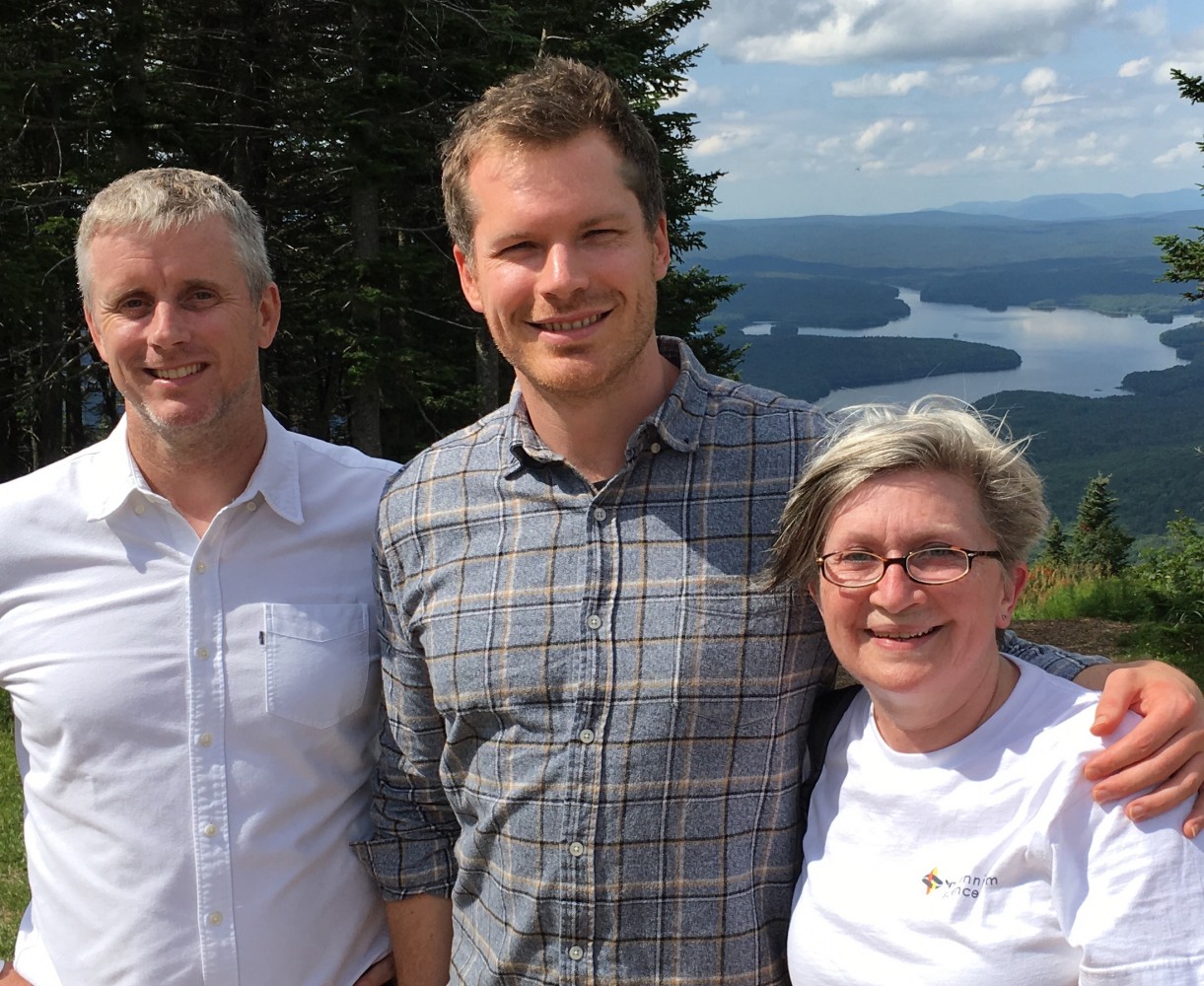27 Aug 2019
Wnt Signalling Networks in Development, Diseases and Regeneration
Professor Elizabeth Vincan, Laboratory Head, was an invited speaker at the 'Gordon Research Conference Wnt Signalling Networks in Development, Diseases and Regeneration' in Vermont USA.
Professor Vincan is a pioneer in the Wnt signalling area of research, here are her insights from the meeting.
Wnt signaling is a highly conserved developmental signaling pathway with pivotal roles in the origin and evolution of all metazoans.
Recently published work from the my group provides genetic and pharmacological proof that blocking Frizzled7, a Wnt growth factor receptor, inhibits tumour initiation and growth.
The ability to inhibit cancer by targeting the Wnt pathway from outside the cell, i.e. via the cell surface receptor Frizzled7, has opened up novel avenues for anti-cancer therapy as the cell surface is easier to access by drugs.
The Wnt meetings bring together a diverse group of scientists from around the world with expertise in developmental and stem cell biology, evolution, biochemistry and biophysics, structural biology, cancer research and biophysics, and medicine.
I also led a discussion for a session on “Wnt Secretion and Receptor Interactions”, and was invited to participate at the associated Gordon Research Symposium (GRS) organised by early career researchers.
The GRS is an opportunity for junior researchers to present their work and also includes a panel discussion on careers in science, and I was one of three academics in the panel sharing our personal career paths and experiences as scientists.
Importantly, the Wnt meeting also brought together collaborators and past members of my lab who co-authored the Cancer Research paper. Pictured are Professor Nick Barker (Singapore) and Dr Dusty Flanagan (now at the Beatson, Glasgow, UK) at the summit of Mount Snow, Vermont, USA. The work in the Cancer Research paper is from Dusty’s PhD and post-doctorate in the Vincan lab.
The GRC are structured to encourage vibrant discussion after each presentation and ample opportunity for informal meetings to consolidate, or start new, collaborations.
The Wnt pathway is interrogated intensely for druggable targets and some anti-Frizzled7 therapies are already in clinical trials providing hope for novel therapies – the next phase promises to be even more exciting.

Professor Nick Barker (Singapore) and Dr Dusty Flanagan (now at the Beatson, Glasgow, UK) at the summit of Mount Snow, Vermont, USA.


